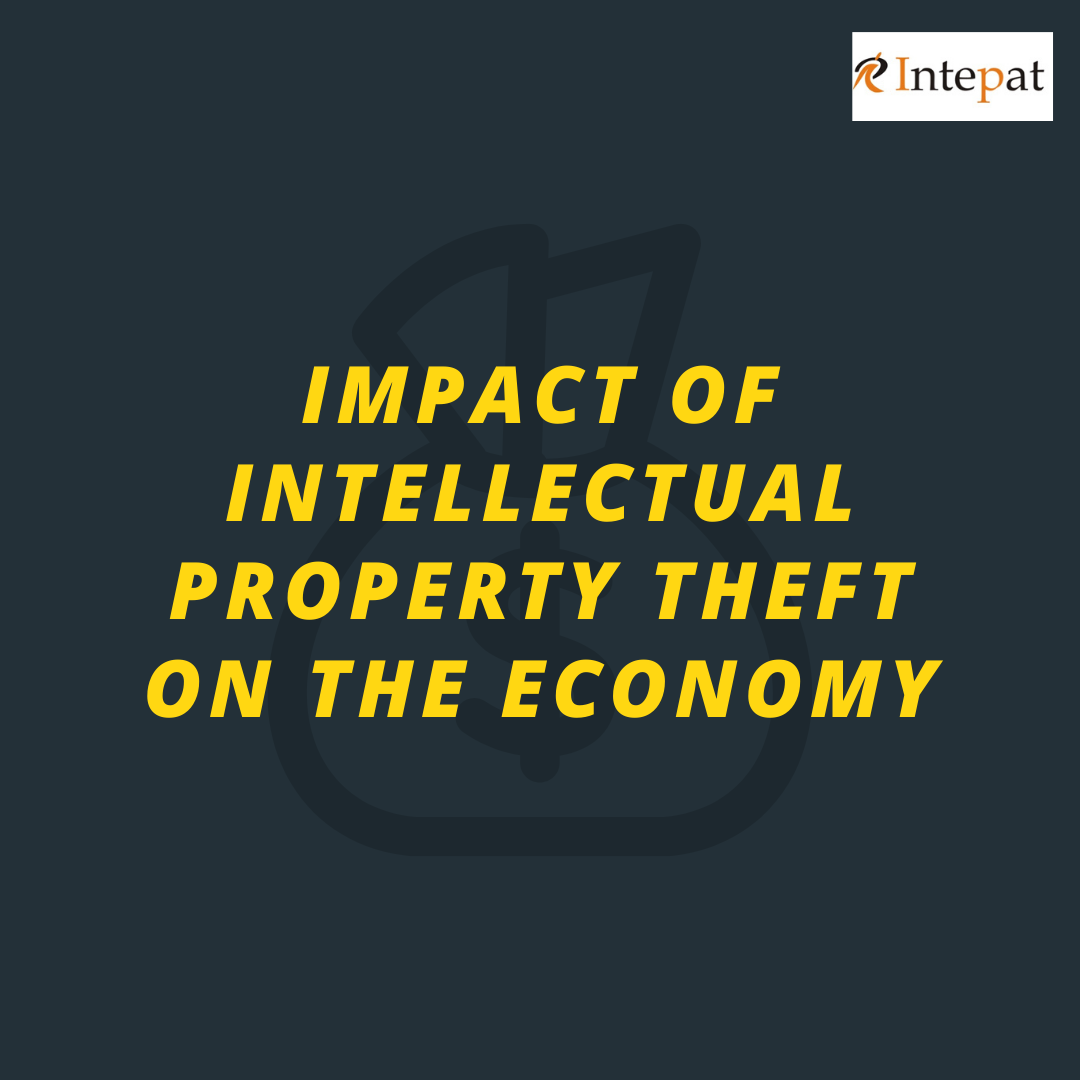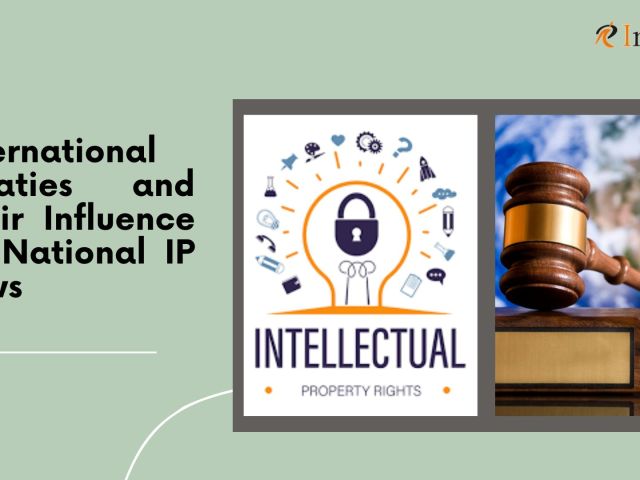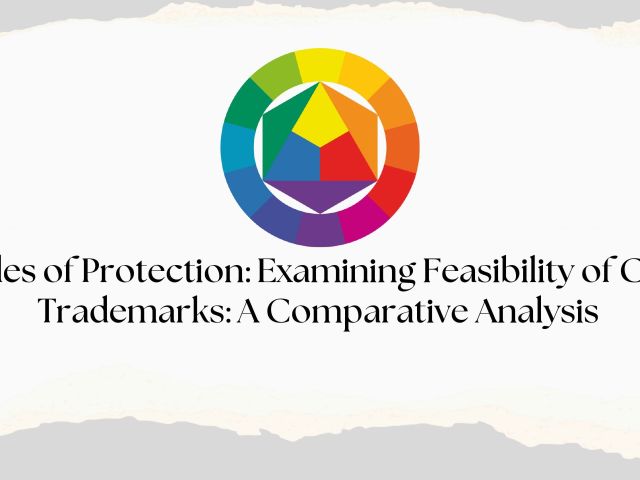Protection of Intellectual Property pertains to rights given to persons for their intangible creations. To ensure that there is an incentive to innovate, the legal regimes of various nations recognize returns on the efforts, creativity, and resources used by the innovator. Further, IP intensive industries play a role in boosting the economy as well as trade & generate sales per employee twice as large as their counterparts in non-IP-intensive industries.
IP theft has a three-pronged effect harming inventors, consumers as well as the government. The inventors are disincentivized, as there are no returns on their efforts and have to bear further costs for IP protection. The consumers are posed with the risk of sub-standard and, in some instances, such as pharmaceuticals, dangerous goods. The government incurs enforcement costs as it is upon the government to ensure the protection of the IP of its citizens, and IP theft also results in loss of tax revenue for the government.
IP Theft Resulting in Loss of Legitimate Sales
The art and entertainment industry is most susceptible to IP theft. Once the products of these industries appear on the digital platform, the fluid boundaries of the Internet make it almost impossible to curb the illegal dissemination of IP. There have been numerous cases of pirated films being leaked and disseminated, thereby primarily affecting revenue. Apart from the digital world, counterfeit products result in enormous losses to the legitimate sales of those products. The direct impact of IP thefts is not borne solely by the companies or the studios which produce these products and services but is suffered by the large number of workers working in these industries.
Effect on MSME’s
MSMEs in India play a vital role and are the backbone of the Indian economy due to the employment opportunities they generate and their contributions to the market. India has 63.4 million MSMEs, which currently contribute to the market by constituting 29% of the GDP, 49% of exports, providing employment to 111 million people, and bringing 8000 products to the market. IPRs play a very essential for MSMEs, and there is a need for an effective mechanism of dispute resolution in cases of infringement of IPR owned by MSMEs. Because the Indian government enthusiastically promotes ‘Make in India’ campaigns, MSMEs are the economic drivers in this regard.
IP theft actively damages the capabilities of the MSMEs, as more often than not, they do not have the necessary resources to protect and seek legal recourse to protect their IP. Even if they do manage to approach the judicial authorities, the inordinate delay faced by them further impairs their capacity to recuperate. Protecting MSMEs would result in a knowledge-based growth where it would increase opportunities for IP – based financing for them, resulting in economic growth.
Economic & National Security
National security runs parallel to the economic security of a country; the hard power of a state cannot sustain the nation till the time it doesn’t have a robust financial backing. The country must close the output gap to ensure that the actual GDP matches the potential GDP. It is not possible till the time IP thefts are rampant as IP theft results in large amounts of money being removed from the economy and causes enormous loss of private revenue. For example, in the United States, the USITC data on IP theft provides a rough estimate of 3.8 million to 4.8 million U.S. jobs lost to global IP theft. This theft, in turn, massively harms the economy and also results in compromising national security by weakening the economic prowess of a nation.
Impact on Foreign Direct Investment (FDI)
FDIs are non-debt creating stable inflows into the country, which provide the necessary capital to boost the economy. Even though FDI is contributed mainly to the promising human resources that a country has to offer, it also has to be recognized that in countries such as India, FDIs are drawn to sectors such as software, electronics, pharmaceuticals, etc. These sectors are primarily influenced by the fact that they are technology and skill intensive. If a country has a robust intellectual property regime, which plays an active role in reducing IP theft, the opportunities for Research and Development will intensify further. Thereby reducing IP theft results in facilitating the inflow of FDI, which is hugely beneficial to the economy.
Intellectual Property as an Economic Resource
The nature of Intellectual Property Rights is such that a temporary exclusive right is provided, which protects the particular inventor from the competition, thus, allowing recovering the costs of that invention. It also enhances the possibility of earning a profit by way of licensing. In cases of companies, where the company is wound up, the IPRs of the company can be sold off legally by separating them from other assets. Therefore, IP theft would inadvertently harm one of the most critical potential resources of a country that could play a role in strengthening the backbone of the economy.
Conclusion
Intellectual Property from a micro perspective ensures returns on innovation and incentivizes further innovation. The macro view portrays that the IP of a country forms the core of competition, economic growth, and productivity, where there is a universal consensus that the theft of IP results in raised costs, low revenues, and eroding profits. These ultimately result in lowered tax revenues, disincentivizing innovation, losing out on legitimate sales, compromise in national security as well as a loss of Foreign Direct Investments. Therefore, it is necessary to protect Intellectual Property as it is a potential economic resource, which can play a vital role in boosting the economy and providing efficient returns.




